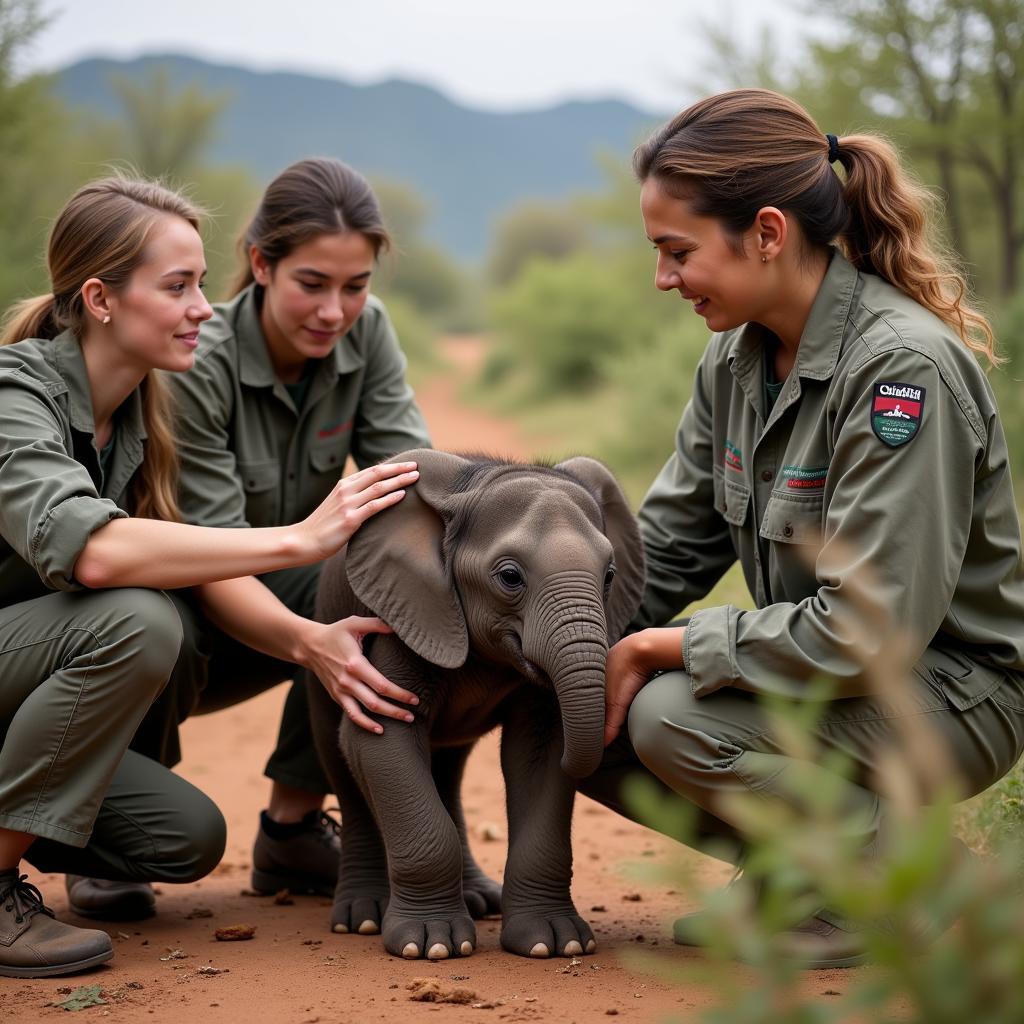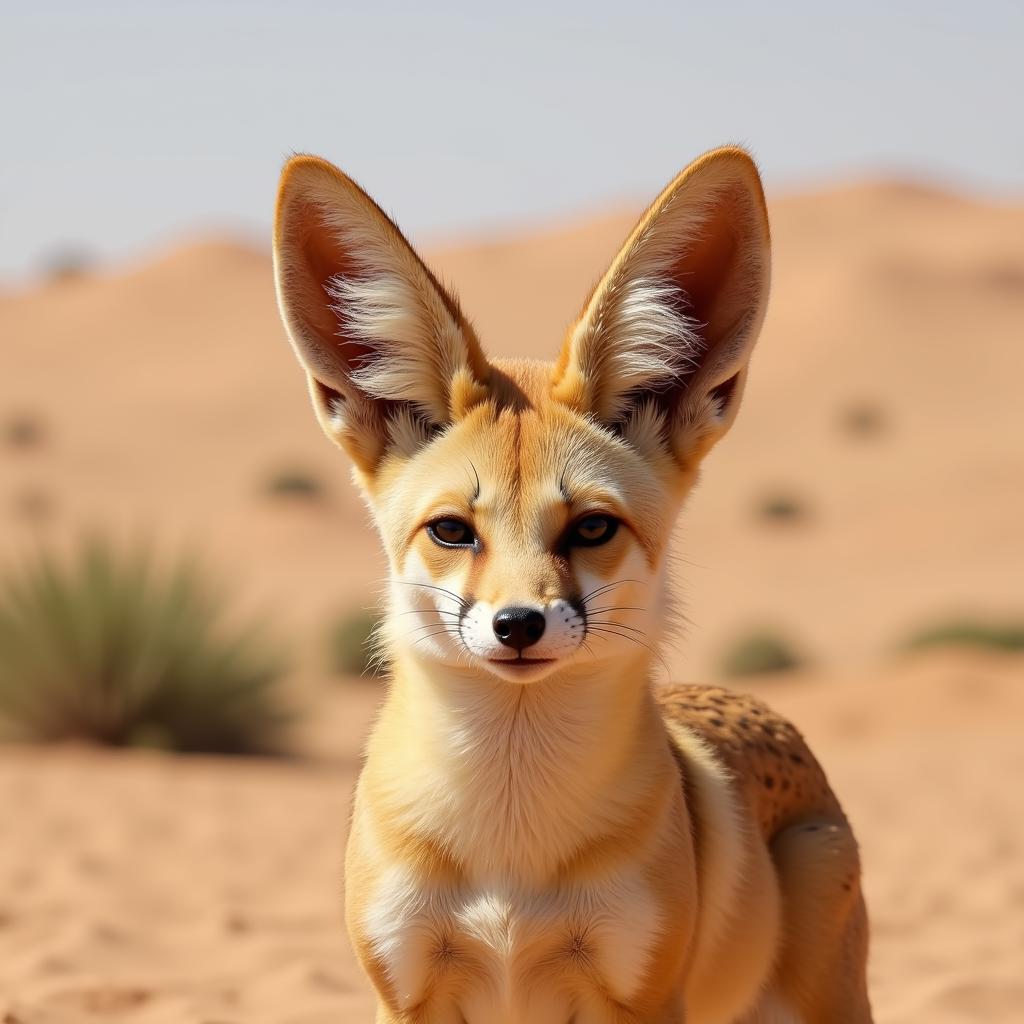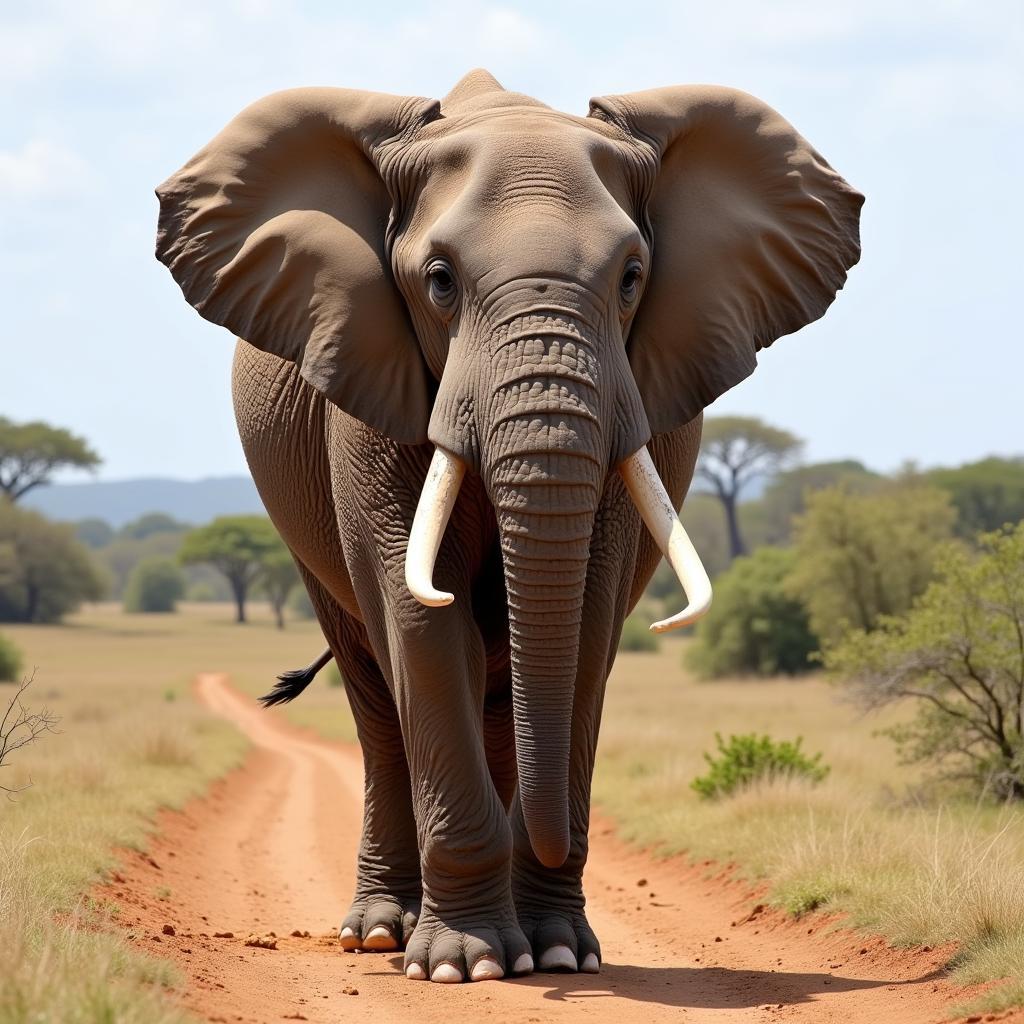Endangered Animals: The African Elephant’s Plight
The African elephant, a majestic symbol of the continent’s wildlife, is facing a dire situation. Their numbers have plummeted in recent decades, leading to their classification as endangered animals. The driving forces behind this crisis are complex and multifaceted, ranging from habitat loss and poaching to human-wildlife conflict.
The Silent Giants Under Threat: Understanding the Crisis
The African elephant, comprised of two subspecies – the African bush elephant and the smaller African forest elephant – plays a crucial role in its ecosystem. As herbivores with a vast appetite, they shape the landscape by clearing vegetation, creating pathways for other animals, and dispersing seeds through their dung. However, these gentle giants are under immense pressure from a variety of threats.
Poaching: A Ruthless Trade
The illegal ivory trade is one of the most significant factors driving the decline of African elephants. Driven by demand, particularly in Asian markets, poachers target elephants for their tusks, leaving behind a trail of devastation. This cruel trade not only robs elephants of their lives but also disrupts elephant social structures and has ripple effects throughout the entire ecosystem.
 African Elephant Poaching Threat
African Elephant Poaching Threat
Habitat Loss: Squeezed Out of Existence
As human populations grow and expand, the natural habitats of African elephants are being converted into agricultural land, settlements, and infrastructure. This encroachment leads to habitat fragmentation, forcing elephants into smaller and smaller areas where resources are scarce, and the potential for conflict with humans increases.
Human-Wildlife Conflict: A Clash for Resources
With shrinking habitats, elephants are increasingly coming into contact with humans, leading to conflict. Crop raiding, damage to property, and even loss of human life can occur. These encounters often result in retaliatory killings of elephants, further fueling the cycle of decline.
Conservation Efforts: A Glimmer of Hope
Despite the challenges, numerous organizations, governments, and local communities are working tirelessly to protect African elephants.
Anti-Poaching Initiatives: Protecting the Frontline
Strengthening anti-poaching patrols, using technology like drones for surveillance, and working with local communities to gather intelligence are just some of the strategies being employed to combat poaching.
Habitat Protection and Restoration: Creating Safe Havens
Establishing protected areas, creating wildlife corridors to connect fragmented habitats, and promoting sustainable land management practices are vital for securing the future of African elephants.
 African Elephant Conservation Efforts
African Elephant Conservation Efforts
Community Engagement: Fostering Coexistence
Educating communities about the importance of elephant conservation, promoting alternative livelihoods that don’t rely on poaching or encroaching on elephant habitats, and finding solutions to mitigate human-wildlife conflict are all essential components of successful conservation strategies.
The Future of African Elephants: Our Collective Responsibility
The fate of the African elephant hangs in the balance. The choices we make today will determine whether these magnificent creatures have a future. Supporting conservation efforts, raising awareness about the plight of endangered animals like the African elephant, and advocating for responsible consumption are all actions we can take to ensure that these gentle giants continue to roam Africa’s landscapes for generations to come.
FAQs: What You Can Do to Help
1. What are the main threats to African elephants?
African elephants face threats from poaching for their ivory, habitat loss due to human expansion, and human-wildlife conflict over resources.
2. How can I help protect African elephants?
You can support reputable conservation organizations, spread awareness about their plight, choose sustainable products, and advocate for responsible tourism practices.
3. Why are African elephants important?
African elephants play a vital role in maintaining the health and biodiversity of their ecosystems. They are also a source of cultural significance and economic value through tourism.
4. Is the ivory trade still a problem?
Yes, the illegal ivory trade continues to threaten African elephants, even though international trade in ivory is largely banned.
5. What is being done to address human-wildlife conflict?
Efforts are underway to develop strategies that mitigate conflict, such as creating buffer zones, promoting early warning systems, and finding alternative livelihoods for communities living near elephant habitats.
Need More Information?
Explore more about the African elephant and other endangered animals in our related articles:
For further assistance or inquiries, please contact us:
Phone: +255768904061
Email: kaka.mag@gmail.com
Address: Mbarali DC Mawindi, Kangaga, Tanzania
Our dedicated team is available 24/7 to address your concerns and provide support.


